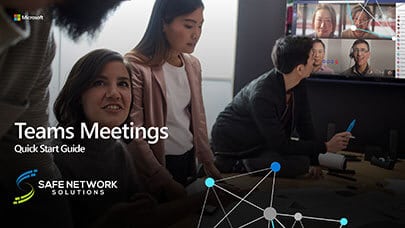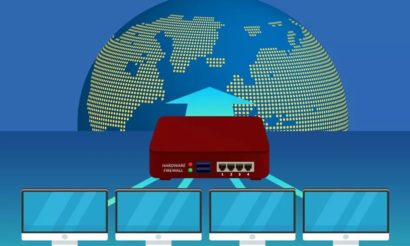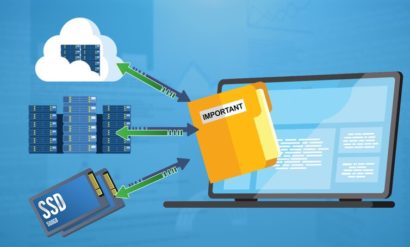Returning to Work: Prioritizing Safety with IT Too
Your business has the OK to go ahead and get back to work on-site. You want to return to your office, but you don’t want to risk people’s health by doing so. After all, some say it’s too soon to go back. Plus, others predict a second wave of COVID-19 is likely. These suggestions can help you return to work while prioritizing safety.
Not everyone will welcome the call back to the corporate environment. Some employees may still be in a population vulnerable to the virus. They may want to take leave instead of returning to the work environment. Others may simply not show up.
Have your HR team send out a written notice informing employees of the timeline for returning to the office. Educate them about precautions you’re taking to provide a safe work environment. Ask for a written response of people’s intentions. Then, IT can start establishing procedures for getting everyone back to work.
You may have had great success with remote working during the quarantine. This could position you to allow workers to stay home if they are at risk or oppose the idea of returning “too soon.”
For those coming back, support social distancing by phasing in people’s return. Your business could also use a hybrid IT solution to allow people to come in just three days a week, and they could continue to work two days at home. This allows staggered re-entry and reduces the numbers of people on-site at the same time.
Back-to-Work Technology
You may be thinking you already have all the tech you need to go back to the office. C’mon, you were already working from there before this whole thing started. Plus, now you have all the new tools you added to support remote-employee productivity.
Still, you may not have invested in a long-term remote-work solution that will now support a hybrid model. Or perhaps the on-site tech you’ve long relied on isn’t meant to handle remote working for the long haul.
To achieve a flexible hybrid model, go with cloud solutions or expand on-site IT. Do you need to add infrastructure to handle remote employees using virtual private networks (VPNs)? Both on-site staff and off-site workers might need to securely access systems at the same time.
Adopting cloud collaboration software allows co-workers to access network resources simultaneously, regardless of location. Or with virtual desktops, employees can access the same files and business applications on their work machine or on a personal device.
Bringing people back to the office, you’ll want to rethink the physical setup. Support social distancing by spreading employees’ seating arrangements out more. This will require moving around computer hardware, too.
If you were previously sharing technology, you’ll also need to add more desktops. Or you might invest instead in more laptops or portable devices. This could mean securing more software, too.
Added IT Precautions
Finally, cybercriminals are opportunistic. They’re already exploiting people with malware promising vaccines or cheap masks. These bad actors are also looking to exploit the tech demands on businesses. Many businesses adapted to a new way of doing things: they moved files to the cloud, and they allowed employee access from personal devices, but they did so quickly.
Explore any new vulnerabilities from your transitions. This is a good time to double-check permissions. Ensure that accountant Jane can access staff wage data but that receptionist Jenny can’t. Also, confirm that all virus protection and security patches are current.
Active planning is the answer to a smooth return to work. While offering protective coverings and ramping up cleaning in the office is important, make sure that you don’t overlook your technology needs.
Our IT experts can help you adapt nimbly. Contact us today at (615) 522-0080!

Safe Network Solutions is a technology consulting firm located in Nashville, TN. We are focused on reducing our Clients’ stress and the time they spend handling IT related issues. As technology has become more integrated with daily business tasks, downtime is not an option. Whether your systems reside on-premise, in the cloud, or in a hybrid setup, you need a partner with expertise in a wide array of technologies, with a security focus.


